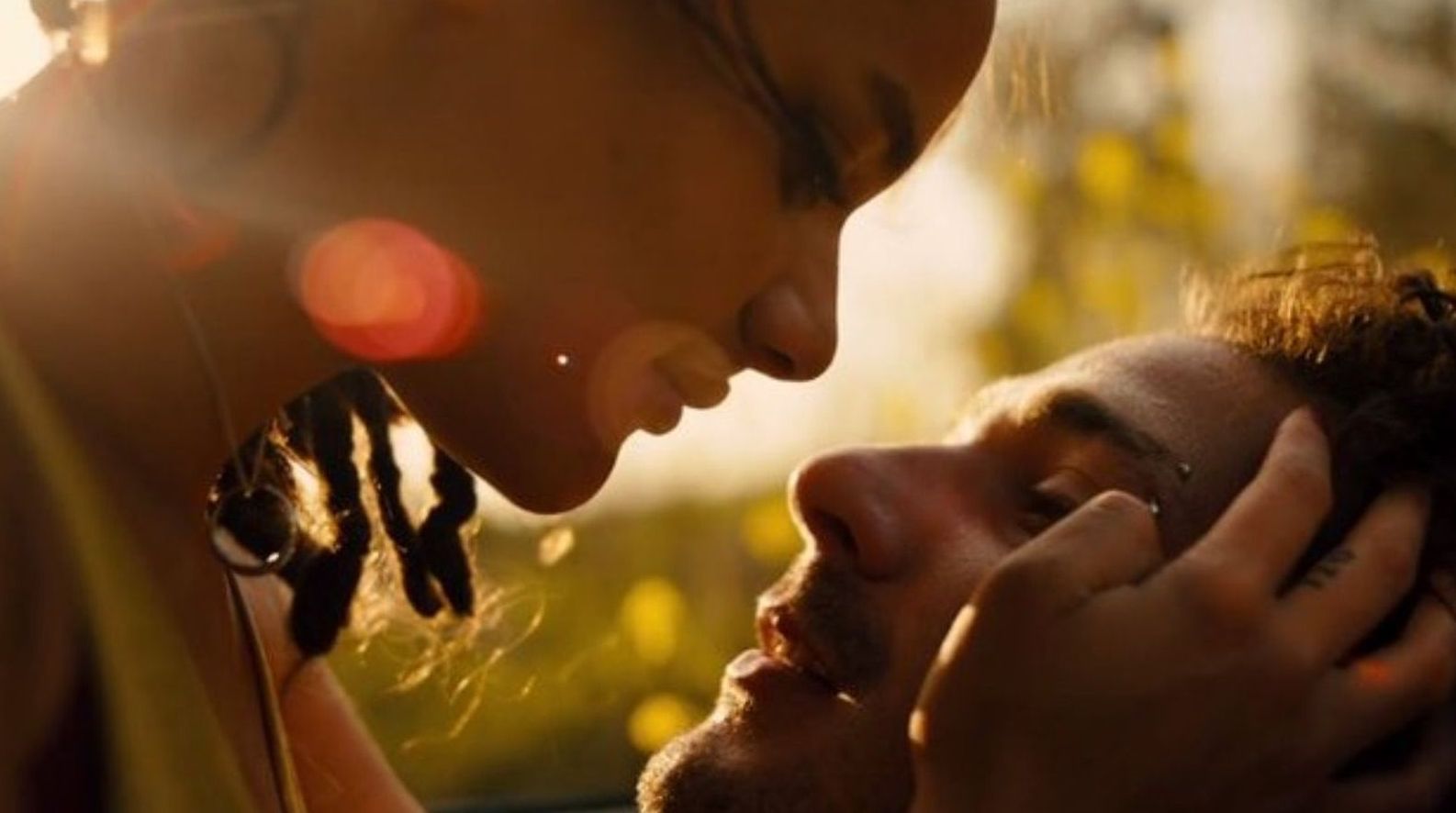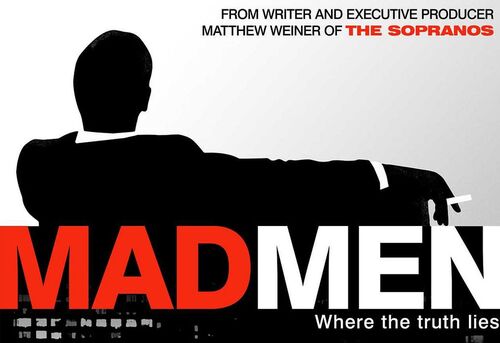
American Honey (2016) Review
 American Honey is about music and movement, sex and violence, and coming of age in a world that has so much wrong with it. When Shia LaBeouf and Sasha Lane share the screen, the dynamic is electric, and the film is most alive in these moments. It’s a strangely tense drama, and it’s a kind of tension that never amounts to anything but feels organic enough for it not to matter.
American Honey is about music and movement, sex and violence, and coming of age in a world that has so much wrong with it. When Shia LaBeouf and Sasha Lane share the screen, the dynamic is electric, and the film is most alive in these moments. It’s a strangely tense drama, and it’s a kind of tension that never amounts to anything but feels organic enough for it not to matter.
Watching American Honey, which runs at a lengthy 163 minutes, I was reminded of 2014’s Boyhood. I had a similar experience with this one, but Andrea Arnold’s road odyssey is more immediate. It moves along briskly, jumping to new locales and new experiences, and it has something to say about the country at every stop.
Lane plays Star, a girl we first meet rummaging in the garbage looking for food, taking care of two children whose parents seem to have pawned them off on the eighteen year old, who quickly gets her chance to try something new. Star leaps into a different world, and much of the film is spent up-close, either trained in on Star herself, or placing us inside of the minibus that the group of door-to-door magazine sellers spend a majority of their time in, jumping from one town to the next. The bus becomes just as familiar to us as it does to Star, but the movie manages to rekindle the familiar feeling of having been thrust into the unfamiliar.
LaBeouf turns in probably the most energetic and engaging performance of his career, bringing a strange kind of charm to the table. It’s a mesmerizing performance and LaBeouf dives into the role with gusto. Lane makes her feature film debut, and here’s an actress I’d like to see more of. Star is something of a dreamer, but she’s not naïve. She learns how to manipulate her way around the street, but never acts out in a way that might distance her from the viewer. Of course, she comes close. Near the beginning of the film, Star needs to cut ties with the two children who are dependent on her. To get around that, Arnold gives us a pair of characters to loath just enough to justify Star’s choice. Later on, it’s clear she still cares.

It is, however, a plot thread that nearly gets abandoned. That Star might no longer care for the two children is at first a little disappointing, but there’s a beautiful scene in the final stretch of the film that brings it full circle, both thematically and for Star's growth. It’s a sad sequence, and that’s a word that could be used to describe much of the film. Scenes exist to exaggerate and highlight parts of America that many of us, even outside of the U.S., are familiar with, but it makes us feel it on a more intimate level. From the religious and ignorant mother of a daughter that’s been “taken a hold of by the devil,” to the rich men in white suits to whom Star is the afternoon’s entertainment, and to the poorer neighbourhoods, where children are left to more or less fend for themselves when their parents vanish from their lives.
The movie is made up of almost entirely unknown actors. Music drives much of the drama, and when the bus stops, the group starts to dance. Still, when all this settles, Star and Jake’s journey is pivotal. When Jake vanishes from the screen for long periods of time, you notice. There’s enough activity going on that its lack of traditional narrative is easy to forget. Riley Keough plays Krystal, who runs the crew, and she exists as the antagonistic element the film at times requires. Her conflict with Star is difficult to define, and it would be too easy to simplify it. Krystal ultimately comes across as Star’s opposite, a woman who has learned to completely discard her emotional attachment to the world and those who live in it. She describes herself as an American Honey, and it isn’t the only time that the title is dropped.
The final scene is a gorgeous piece of filmmaking. Arnold uses full-frame to create a more personal connection to Star, and for that we feel closer to the story. I keep coming back to Star and Jake, though, because Star is so quick to fall for him, as a man who seems to embrace life with more freedom than she’s ever known. He unravels in very discrete ways as things wear on. His near-obsession drives him to hypocrisy, to violence, to uncomfortable interrogation. The film ends with more story to tell, and it’s as fun to consider what comes next as it is to consider what just happened. The likely answer is, the minibus will go in circles, recruiting and exploring, guiding each of its young occupants toward the next phase of their life.
Near the end, Star meets a new girl who has just joined the group. All of a sudden, Star is now a veteran, or mainstay. Life is cyclic, even if in youth it feels more progressive than that. American Honey is about the journey, about learning your place in the world and discovering it with fresh, untainted eyes. Star is never innocent, but she’s always learning. The best films can conjure up a feeling that we can all relate to. And this is the kind of film that relies on maintaining that feeling, and constantly growing from it. In nearly three hours, the growth feels earned, and the time feels worth it.


